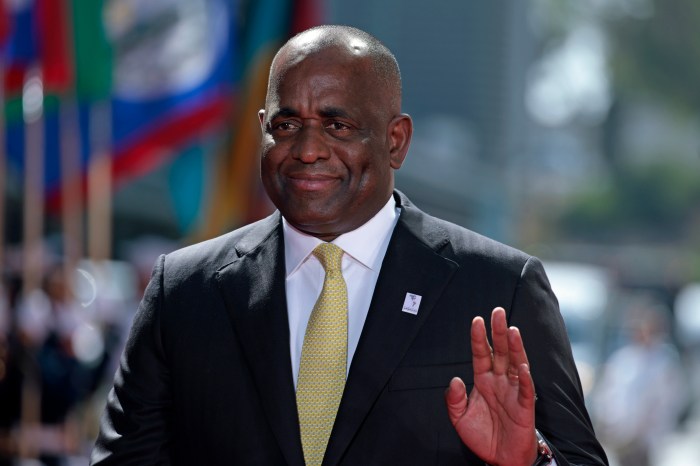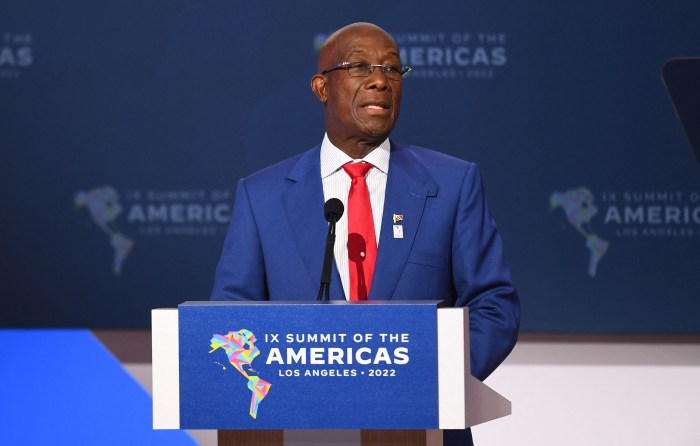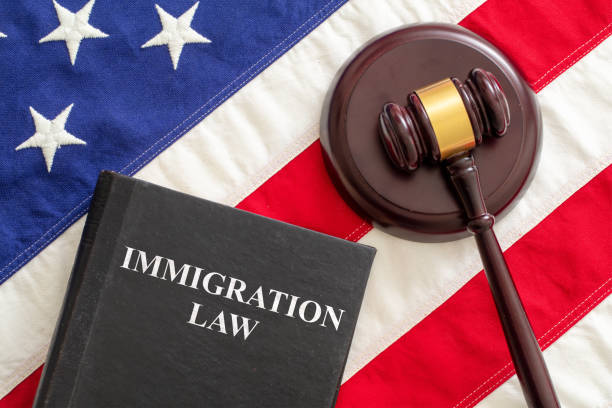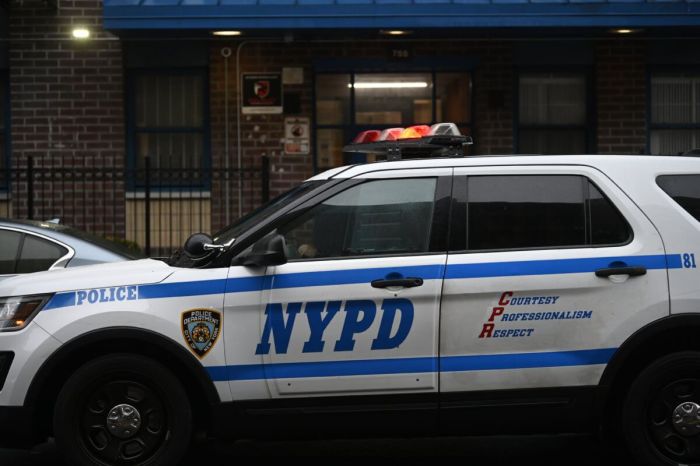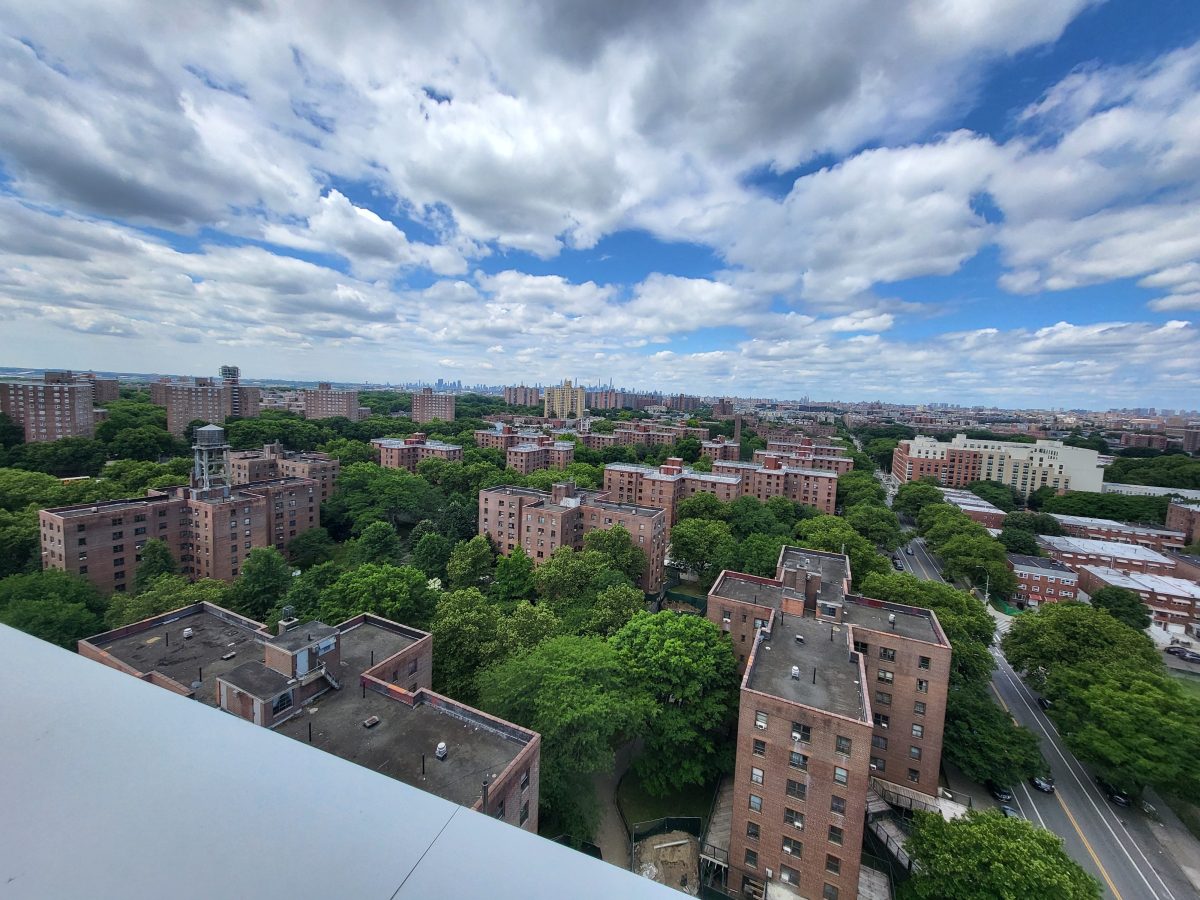KINGSTON, Jamaica (AP) — David Smith was a large-living and influential figure in Jamaica before courts in two countries knocked him down as a fraud artist. He splurged on luxury cars and mansions, flew in a Learjet and sponsored concerts and athletic events. Now court documents say he also was spreading his Ponzi-scheme wealth to the country’s politicians.
A confiscation order by the Turks and Caicos Islands’ Supreme Court alleges that Smith contributed nearly $9 million in tainted money to both of the island’s major parties, and to several prominent individual politicians even as he was defrauding thousands of people across the Caribbean and the United States of at least $220 million.
What, if anything, he got for such largess is unclear, but the court finding is feeding demands for campaign finance reforms in Jamaica, where, as in many countries across the Caribbean and Latin America, political parties have no obligation to declare any funding sources or campaign expenditures. Taxpayers have no clue if huge sums are being donated by criminals or by special interests seeking favors or influence.
“This affair emphasizes the need for urgent reform of the law relating to the financing of political parties,” said Lloyd Barnett, chairman of advocacy group Citizens Action For Free and Fair Elections, one of several associations pushing for legislation that would require public disclosure reports, impose contribution and spending limits and ban donations from unregistered investment schemes like that of Smith.
A Florida court last year sentenced Smith to 30 years in prison after he pleaded guilty to 23 counts of wire fraud and money laundering. He was earlier sentenced to 6 ½ years in the Turks and Caicos Islands, where his assets were frozen.
Starting in early 2005, Smith built his Olint investment club by offering interest rates as high as 100 percent a year, allegedly by pooling money from investors for currency trading.
Smith helped fund Jamaica’s athletics team at an international meet in 2007 and sponsored the popular Jazz and Blues Festival in 2008. He often traveled by private jet and helicopter, drove a Range Rover and had property in Florida and Jamaica as well as a $2 million house in the Turks and Caicos. But instead of investing the money in trades, he used it to pay off redemption requests from other investors and funneled money into his personal bank account.
In March 2006, the government’s Financial Services Commission raided his Kingston offices and barred it from operating in the country, prompting Smith to move to the Turks and Caicos, another Caribbean nation.
But Jamaican politicians continued to take his campaign contributions even as he battled, ultimately in vain, to overturn the government order.
The opposition Jamaica Labor Party has acknowledged that Smith was a contributor but could not confirm if he gave $5 million, as the Turks and Caicos order states. The party’s former information minister, Daryl Vaz, acknowledged receiving $50,000 from Smith for his campaign in Portland parish ahead of the 2007 general elections.
The order also alleges Smith gave more than $2 million to the ruling People’s National Party, which says it has no record of that.
But the party’s former prime minister P.J. Patterson, has acknowledged that Smith contacted him ahead of the 2007 election and said he was “disposed to increasing what he had previously given to the party’s campaign fund.” Patterson denied an allegation in the order that he had solicited or received a $1 million gift.
The Turks and Caicos order last month demanded Smith repay $20.9 million, including $9 million the court found he had donated to Jamaican politicians. Even before the allegations in the order, Jamaica’s Electoral Commission had filed a report to parliament proposing campaign finance reforms. Pressure for the measure has increased since and the country’s largest newspaper, the Jamaica Gleaner, has demanded in an editorial that politicians give the money back.
Trevor Munroe, head of the watchdog group National Integrity Action Limited, said sustained advocacy must highlight the murky workings of special interests since bilked investors have stayed remarkably quiet about their losses, likely due to embarrassment.
“After all, who is to say that in the last elections similar shady characters would not have been making political contributions?” Munroe said in Kingston. “The taxpayers and electorate should be aware of who is paying the piper because they well may be calling the tune.”



